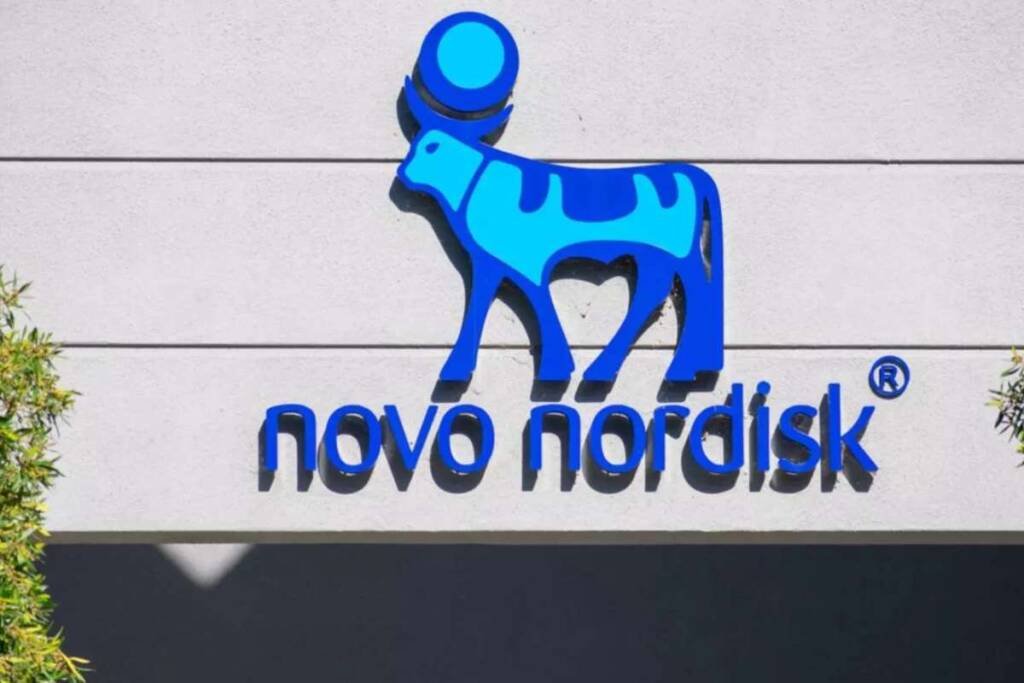Source – FDA
The increasing demand for GLP-1 drugs, which can lead to significant weight loss, has resulted in unauthorized versions of these treatments appearing in pharmacies.
In May, the FDA issued a warning about illegal knockoffs of Novo Nordisk’s Ozempic and Wegovy. Now, five weeks later, the Danish company has filed a second wave of lawsuits against pharmacies in the United States that are producing these copycat versions.
Novo Nordisk filed lawsuits in federal courts in Florida and Tennessee, accusing four companies of compounding unauthorized versions of their products that have not been approved by the FDA.
“Testing new drugs and obtaining the regularly acquired regulatory approval to sell them are time-consuming and very costly,” Novo said in its complaints. “Ignoring drug-approval requirements provides defendants an unfair competitive advantage over pharmaceutical manufacturers like Novo Nordisk. Worse, it puts patients at risk by exposing them to drugs that have not been shown to be safe or effective.”
The defendants are compounding pharmacies that are authorized to produce drugs during shortages. However, Novo alleges that these pharmacies are using an unauthorized form of the active ingredient, semaglutide, in their products.
Novo Nordisk is taking legal action to crack down on compounded versions of Ozempic and Wegovy with the aim of protecting patient safety.
In its May 31 warning, the FDA stated that adverse events had been reported by users of compounded versions of Ozempic and Wegovy. The agency also revealed that some compounded versions contained salt forms of the active ingredient, such as semaglutide sodium and semaglutide acetate.
The FDA advised users of online pharmacies to screen them through its BeSafeRx campaign.
The lawsuits were filed in Nashville, Tennessee, against DCA Pharmacy, in Tampa, Florida, against Brooksville Rx, and in Jacksonville, Florida, against TruLife Pharmacy and WellHealth Rx.
None of the companies have immediately responded to requests for comment.
Novo Nordisk referenced a fungal infection outbreak in 2012 that was linked to a compounding pharmacy in the filed lawsuits. According to scattered reports, over 100 users of the compounded product died, as stated by Novo.
Last month, Novo filed similar lawsuits against five health spas, clinics, and pharmacies in Florida, New York, Tennessee, and Texas.
In response to a request for more information, Novo Nordisk referred to a press release issued when the lawsuits were initially filed last month.





























